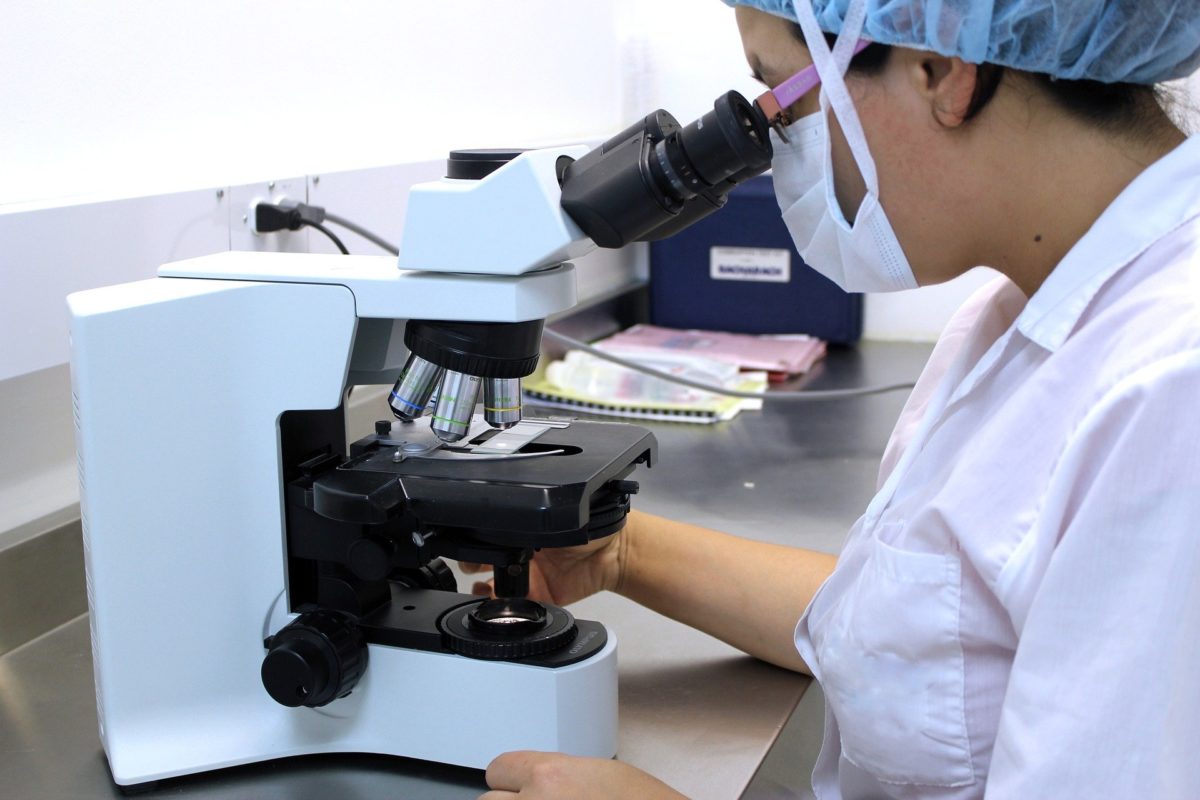A New Zealand start-up making apple, sauvignon blanc and pinot noir flour has received a $NZ1.2 million injection from the home of gastronomy, France.
Greenspot Technologies Ltd creates nutrient-rich alternative flours from fermented fruit and vegetable pulp that would otherwise go to waste. The product range, which is zero-waste, also includes beetroot, orange, carrot and parsnip flours. They are made using a fermentation process developed in the research labs of the University of Auckland.
Associate Professor Silas Villas-Boas and doctoral candidate Ninna Granucci, both from the University’s Biological School of Science, are now heading to France to grow their fermentation business.
They say the seed-funding boost will allow the company to expand its team, test various fermentation technologies to inform the design of a dedicated manufacturing plant, and develop new food formulations.
Long-term plans are to have manufacturing plants in different parts of the world, including New Zealand.
The pair of academics-turned-entrepreneurs say they have good relationships with fruit and vegetable producers and food manufacturers here and New Zealand regulations result in the products coming out being very high quality.
Their careers pivoted after involvement with the University’s ‘Velocity Entrepreneurial Challenge’ which helps people test, prepare and grow smart ideas for commercial, social or environmental benefit. This year’s Challenge winners will be announced on 18 October.
In 2015, they entered ‘Velocity $100K Challenge’ with a business idea based on the results of Ninna’s research. She was looking into the actions of specific micro-organisms in the fermentation process to convert fruit and vegetable pulp into nutritious protein for human consumption.
They recognised how this might be applied to one of the biggest problems facing the modern world – food shortage versus food waste.
Rather than look for new foods, such as insects, or put money into developing meat alternatives they decided to focus on reducing wastage of good food. One-third of all food produced globally is lost or wasted every year, and 40 percent of that is fruits and vegetables.
The scientists placed second in the competition.
By early 2017, the pair opened a small pilot plant in East Tamaki, Auckland, to prove they could increase quantities from the lab and produce a consistent product.
By the end of the year the company was seeking significant investment to scale up.
Greenspot’s experience testifies to the value of applied research, says Associate Professor Villas-Boas.
When technology is brought back to society, jobs are created, income for the country increased and – in this case – negative impacts on the environment reduced.
Source: University of Auckland












